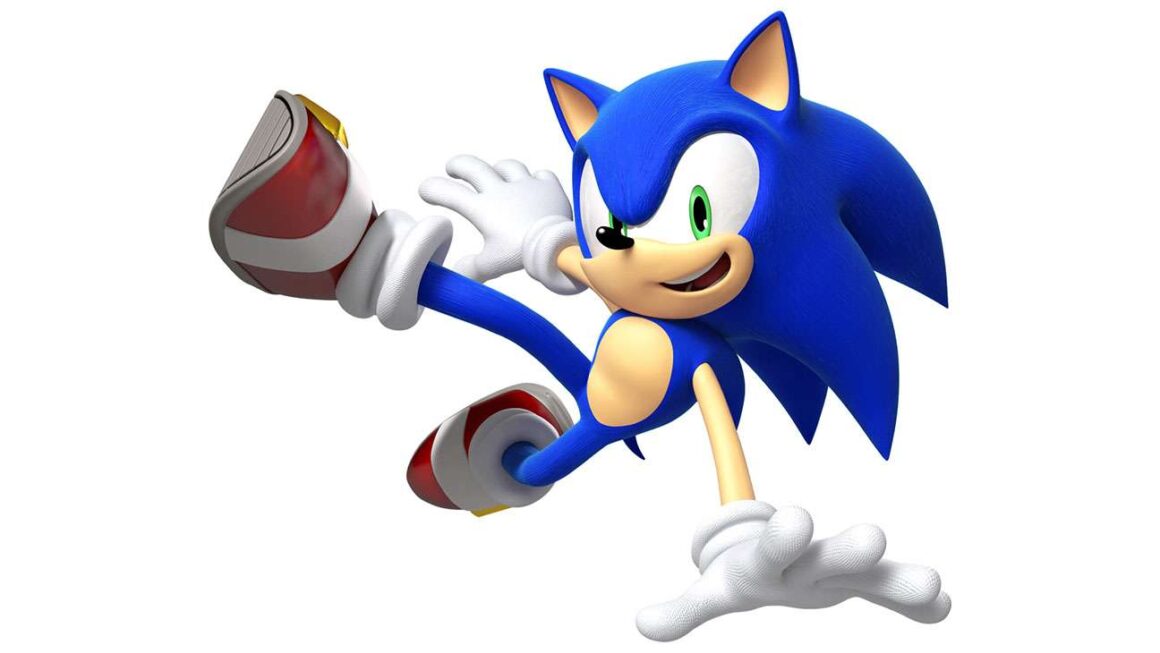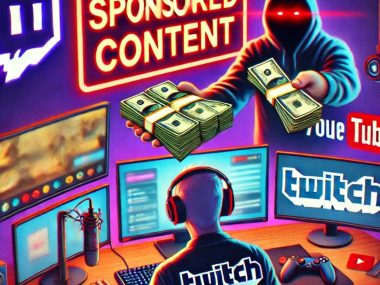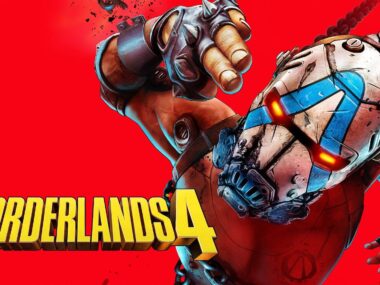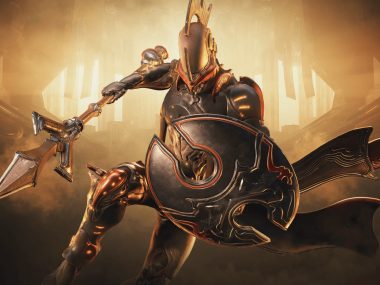Sonic Racing: CrossWorlds debuted at number nine on Japan’s gaming charts for the week of September 22 to 28, 2025. It sold 5,571 physical copies on the Nintendo Switch. You could argue it had stiff competition with Silent Hill f and Mario Kart being out. Yet for years, fans have noticed that Sonic doesn’t resonate with Japan like he does in the West. Why is that?
Built for the West, Not Japan
From the beginning, Sonic was designed to appeal to a different audience. Sega created him as a rival to Mario. They wanted him to appeal to teenage boys who wanted something cooler. Sonic was independent, cocky, rebellious: traits that matched American pop culture in the early 90s. Sega even leaned into Western references, from his Michael Jackson–inspired sneakers to his rock-and-roll flair.
That worked brilliantly overseas. In Japan, heroes who are brash tend to come with more emotional depth, or moral conflict. Sonic, in contrast, was surface-level “cool”, and that didn’t translate well.
Wrong Console, Wrong Time
Another piece of the problem was hardware. In Japan, Nintendo’s Super Famicom dominated the early 90s, while Sega’s Mega Drive lagged far behind. Since Sonic launched as the Mega Drive’s flagship, his games sold poorly compared to their global success. Even when later Sonic titles were released, they often skipped popular Japanese consoles or arrived years late, limiting exposure.
Marketing Missteps
Sega’s marketing strategy didn’t help. They avoided releasing arcade ports of Sonic 1 and 2 in Japan, missing a chance to connect with the country’s strong arcade culture. Sonic was pushed as a slapstick mascot than the edgy rival he was meant to be, creating a mixed message. Attempts to boost his profile through anime like Sonic X also fizzled in Japan. Ironically though, the same series found a huge fanbase abroad.
Cultural Disconnect
The biggest reason Sonic struggles in Japan comes down to culture. Japanese mascots tend to lean toward kawaii (cute), approachable, and modest. Sonic, with his smirks, his “too cool for school” attitude, felt out of sync. Even his movies performed poorly in Japan, partly due to their Western comedic style. Meanwhile, in the U.S. and Europe, that same style made Sonic a household name.
Signs of Change
All hope is not lost for Sonic in his home country. Recent games like Sonic Frontiers experimented with storytelling closer to Japanese RPGs. This gave Sonic and his world more emotional weight. The result was stronger reception and better sales in Japan. When the franchise leans into cultural tastes, it can find new fans.
Sonic was never really made for Japan. He was born to compete with Mario in the West, embodying a style and attitude that resonated overseas. And that’s okay. Sonic doesn’t need to be universally adored. He already has millions of fans who support every game, show, and movie with his name on it. When Sonic does adjust to Japanese tastes, we get something interesting. A character who proves he can still surprise the world, even after three decades of running.






